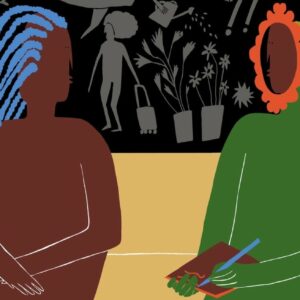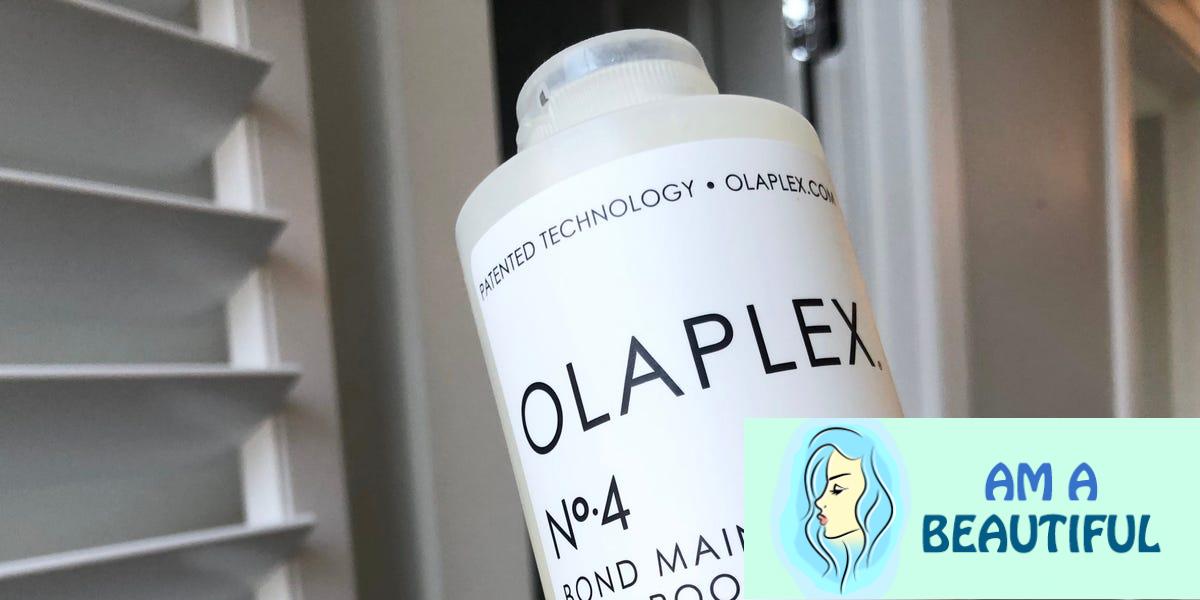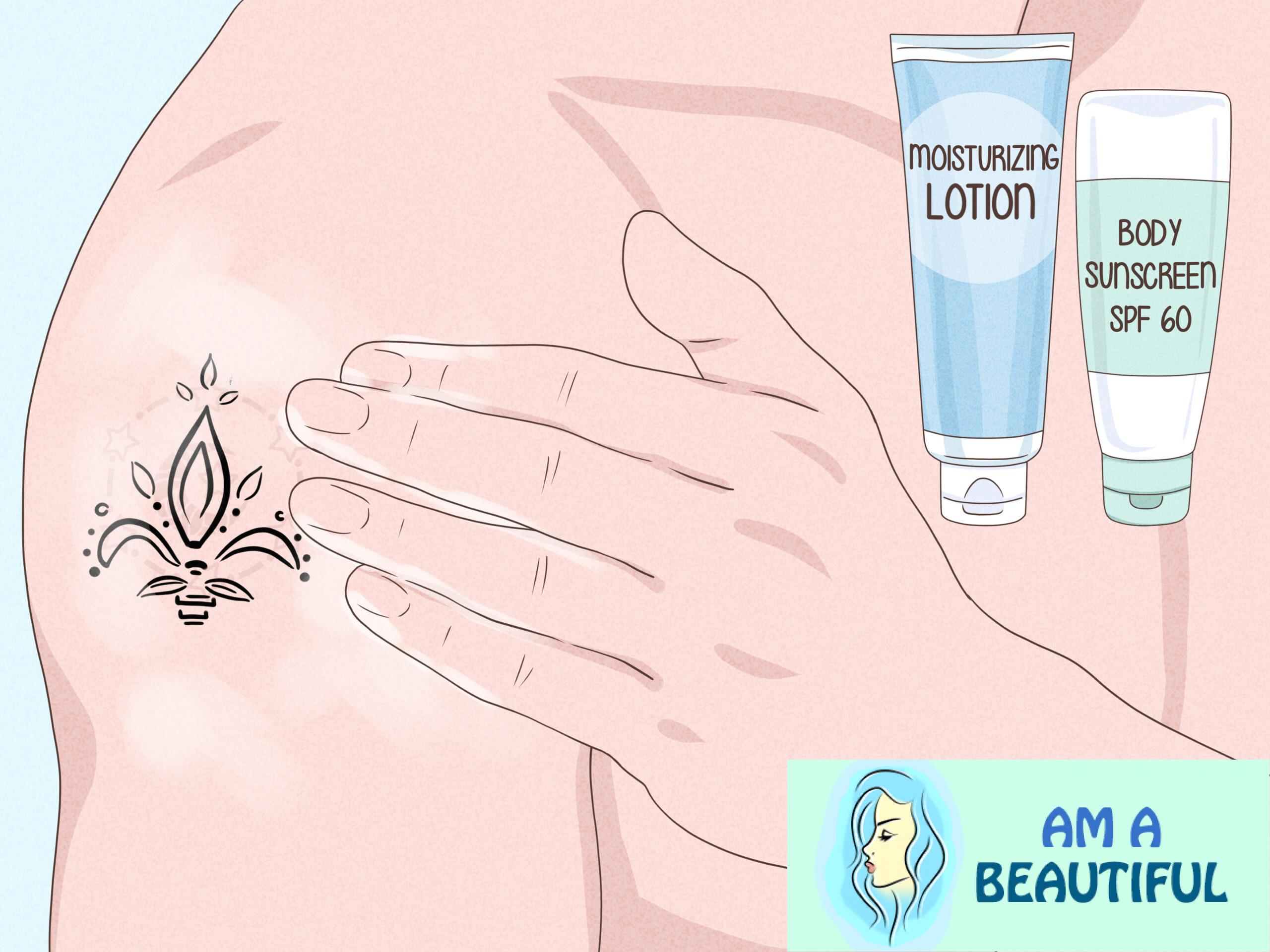The crisis led licensed clinical social worker and therapist Arron Muller to create the Facebook group Black Male Therapists. The community currently has over 800 members from across the US.
“Whenever I recognize a need, the social worker in me asks, ‘How can I create a lane for it? How can I create a solution?’” Muller said. “The group is there for us all to connect and support each other. Someone might say, ‘Hey, are you in Arkansas? I know somebody looking for someone down there,’ or ‘Hey, I’m up here in Michigan, and I have openings.’”
There are other potential barriers to access
These geographic discussions Muller describes arise because of another major barrier that hinders potential clients trying to access therapy: Many therapy licenses are limited to a single state.
“It would be good if we could get through this barrier where you can only practice in certain states. With these state lines, it gets really, really murky,” Muller said. “I’m glad everybody is waving pom-poms for therapy, but now that people are talking about it, the next level is access to readily available therapists.”
There is a potential workaround that would allow psychologists in some locations to practice across state lines. It’s called the Psychological Interjurisdictional Compact (PSYPACT). (There are similar movements to do the same for other types of therapists, including licensed clinical social workers, licensed marriage and family therapists, and licensed professional clinical counselors.)
A single license from the organization currently allows a psychologist to take patients from 31 different states. The number increased on Oct. 1, when Connecticut came on board, and will again on Jan. 1, 2023, when Rhode Island’s PSYPACT-related legislation will become effective. Massachusetts, Michigan, and New York have also introduced PSYPACT legislation.
Notably absent from the PSYPACT map are two of the three most populous US states. The interjurisdictional legislation failed in the Florida Statehouse. And, in California, a Change.org petition with 1,449 supporters is calling for the state’s psychological association to act.
Martin, who is a PSYPACT-licensed therapist herself, also lauded the program from a client’s perspective. When she moved to Tennessee, she struggled to find someone local. Anyone who seemed like they might be a good fit had a full client roster. She thought she’d never find anyone with whom she would have as good a working relationship as she’d had with her therapist back in Maryland. Luckily, she didn’t have to.
“I reached out to her saying, ‘Hey, have you tried PSYPACT?’ She looked into it and got approved,” Martin said.
Because there are so few Black mental health clinicians, many of them have long waitlists because they simply don’t have the bandwidth to accept new patients.
“I have never come into a new clinic and not had a full waitlist within my first week,” Martin said. “In the beginning, I took on everyone because everyone said they needed me. But then, you get burnt out quicker, especially dealing with trauma, especially dealing with racism and race-related stress, especially dealing with the fact that I’m also a Black woman in this world, so I also need to see my own clinician to deal with racism.”
The demand placed on Black mental health providers has only grown in recent years.
“The last couple years, with COVID and everything, have sent emotional health challenges through the roof in a way that I haven’t seen in 20 years, and that’s across the board for everyone,” Walker said. “It’s been tough. And it’s been tough for our clinicians, who themselves are managing their own lives.”
Questions to ask therapists in general
That said, not every person will see someone with the same cultural identity, either because of a lack of provider availability or personal preference. Walker’s book has a section for that.
“It literally tells folks, like, ‘Listen, you might have to see a white therapist,’” she said.
In the book, Walker suggests asking a clinician what percentage of their clients are African American or Jamaican or who are first-generation US citizens. She goes on to write, “If the question elicits discomfort, that might be all the data you need.”
Similarly, Martin created a fillable PDF therapist interview worksheet, which she has published on her website. The seven-page document includes questions to gauge the person’s comfort with discussions of race, gender, and sexuality, as well as their preferences for contact method and availability.
On a page labeled “vibe check,” she lists potential adjectives for a client to describe the therapist and how the therapist made them feel.
Finding the right person, whether they match your identity or not, can make a big difference. Johnson’s therapist helped her to find a path forward — beyond the life she thought she was supposed to have.
“‘You’ve willed everything that you want into existence, oftentimes against many, many odds,’” Johnson recounted her therapist saying. “‘You’re incredibly resilient. And you’re strong, you know, the strong Black woman trope, but you’re actually strong. What have you lost? What do you need to mourn because of the fact that you are so strong and so resilient?’ That session actually ended in tears, even though it started with us talking about a TV show.”
She and her therapist began focusing on recognizing the ways depression disrupts Johnson’s life, including self-care and grooming. They discovered that multistep processes often tripped her up and dedicated entire sessions to constructing step-by-step plans for her week, down to the most minute details.
“Go to the gym” was broken into “get dressed, leave home, board train, walk to gym, go inside, check in, etc.” When Johnson once told her therapist she was deferring maintenance with her hair, and she was feeling anxious and guilty, her therapist offered a suggestion.
“She said, ‘Maybe just get braids.’” Braiding her hair would require less daily maintenance, giving Johnson the mental space to work through other things and not view her hair as a chore.
“This is me caring for myself. This is a thing I want to enjoy. I don’t want it to be attached to a feeling of guilt, and she really got that. When I expressed having anxiety about leaving the house to go do it, she suggested, ‘What about a traveling braider?’ I would have never even thought about that,” Johnson said. “That would have never happened if my therapist wasn’t a Black woman.” ●






It’s breathtaking 🤤⚡️